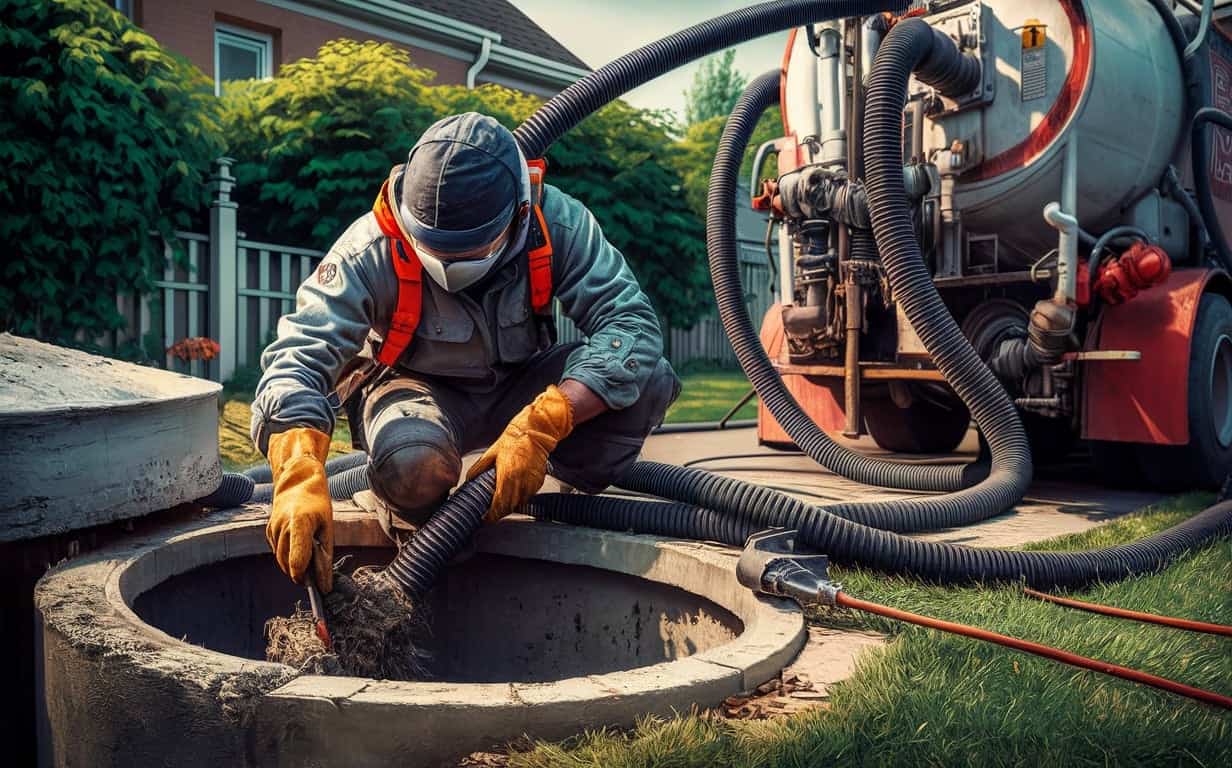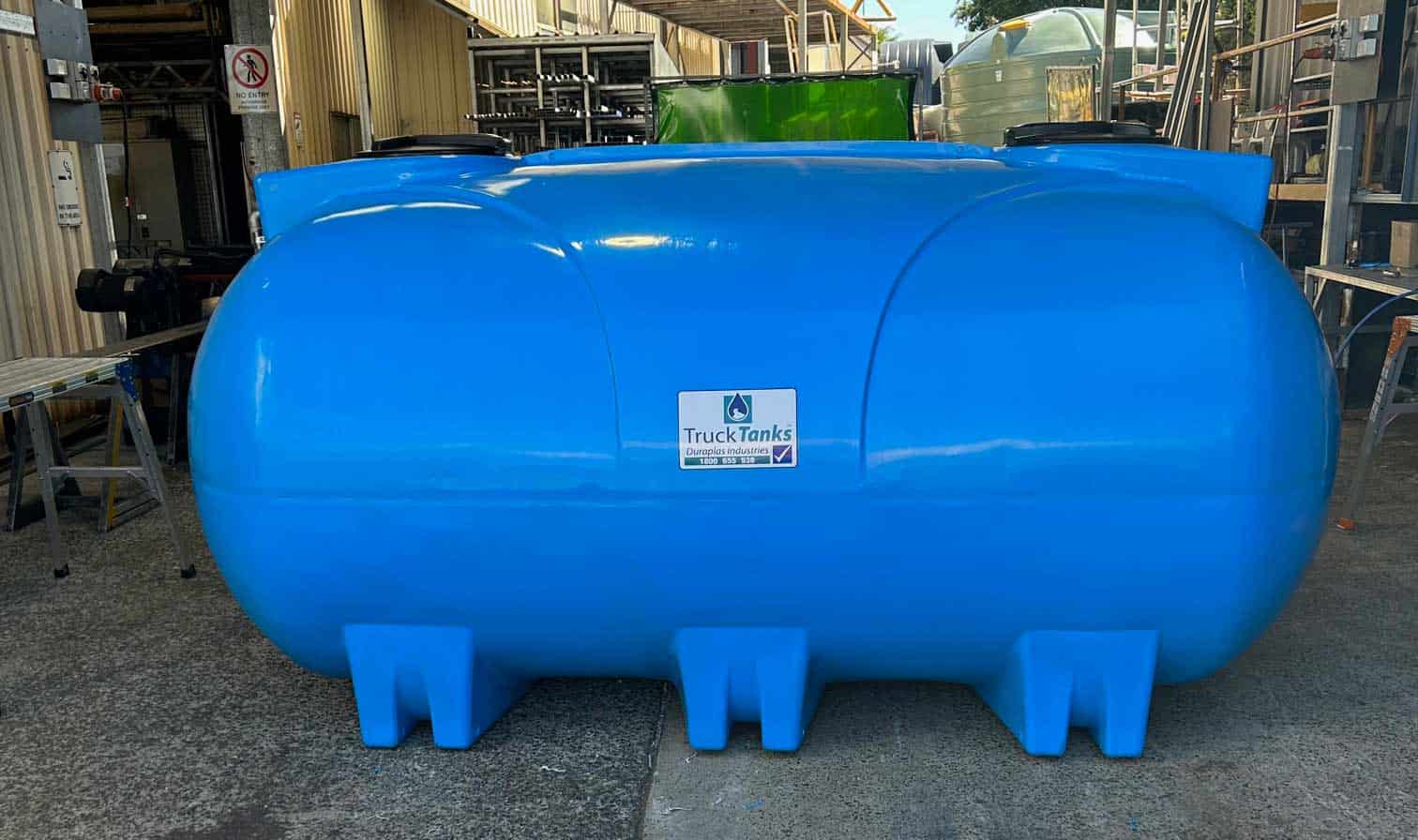A septic system is a crucial part of any home or business that relies on it for wastewater management. While many people forget about their septic tanks until a problem arises, regular maintenance is essential to keep the system running efficiently. Neglecting routine cleanings can lead to slow drainage, unpleasant odors, and even costly system failures that require expensive repairs or replacements.
Professional septic cleaning services help prevent these issues by removing built-up sludge and ensuring wastewater flows smoothly. Without proper cleaning, solid waste accumulates over time, leading to serious plumbing problems, contamination risks, and even complete system failure.

As the EPA highlights, regular septic maintenance is essential to prevent system failures, protect groundwater from contamination, and ensure wastewater is processed safely. Failing to clean and maintain your septic tank can result in environmental hazards and costly damage to your property.
Let’s explore why regular septic cleaning is essential, how often you should schedule it, and the key benefits of hiring professionals to handle the job.
Why Septic Cleaning Services Matter
Over time, waste naturally builds up in your septic tank. While bacteria break down some of the organic matter, solid waste and sludge accumulate at the bottom. If left unchecked, this buildup can clog the system, causing backups and inefficiencies that affect the entire plumbing network.
A full septic tank can lead to sewage backing up into your home, foul odors spreading around your property, and wastewater pooling in the drain field. These issues not only create an unhealthy environment but can also cause long-term damage to your septic system. Regular cleaning ensures the system continues functioning properly and prevents the costly consequences of neglect.
How Often Should You Schedule Septic Cleaning?
The frequency of septic cleaning depends on several factors, including the size of your household, water usage, and the capacity of your tank. On average, most residential septic tanks should be cleaned every three to five years. However, homes with large families or heavy water usage may require more frequent maintenance.
If you’re unsure about your system’s cleaning schedule, it’s best to consult a professional. A septic expert can assess your tank’s condition and recommend a maintenance plan tailored to your needs. Ignoring routine cleaning for too long can result in clogged pipes, costly repairs, and potential health hazards.
Signs Your Septic Tank Needs Immediate Cleaning
Even if you don’t remember the last time your septic tank was cleaned, there are warning signs that indicate it’s overdue for maintenance. Slow drainage is one of the most common red flags, as wastewater struggles to pass through a full or clogged tank. If you notice gurgling sounds in your pipes or toilets that flush sluggishly, these could be signs of an overloaded system.
Foul odors, both inside and outside your home, are another indication that waste is not breaking down properly. If you detect a strong sewage smell near your drain field or septic tank, it’s likely time for a cleaning. Standing water in the yard, particularly around the drain field, also signals that your system is struggling to absorb and process wastewater.
One of the most serious signs of a full septic tank is sewage backup. If wastewater starts coming up through drains, showers, or toilets, this is a major problem that requires immediate professional attention. Not only is this hazardous to your health, but it can also lead to expensive property damage.
The Long-Term Benefits of Professional Septic Cleaning
Hiring a professional for septic cleaning is one of the best investments you can make in your home’s infrastructure. A properly maintained septic system can last for decades, but neglecting it can shorten its lifespan significantly. Regular cleaning helps prevent premature wear and tear, ensuring your system continues operating efficiently for years to come.
One of the biggest advantages of professional septic cleaning is that it prevents expensive repairs. When waste accumulates beyond capacity, it can lead to clogged pipes, drain field failures, and even septic tank damage. Addressing these issues after they occur can cost thousands of dollars, while routine cleanings are a much more affordable solution.
In addition to cost savings, professional cleaning also protects your health and the environment. A malfunctioning septic system can contaminate groundwater, creating a risk for bacterial infections and other serious health concerns. Keeping your septic tank clean ensures wastewater is properly processed and disposed of, preventing contamination of nearby water sources.
Another key benefit of professional septic cleaning is the peace of mind it provides. Septic experts don’t just clean the tank; they also inspect it for potential issues, such as cracks, leaks, or system inefficiencies. Catching these problems early can prevent major breakdowns and costly replacements.
Why DIY Septic Cleaning is Not a Good Idea
Some homeowners attempt to clean their septic systems themselves, but this is not recommended. Septic cleaning requires specialized equipment to remove sludge and solid waste safely. Without the proper tools and experience, DIY attempts can be dangerous and ineffective.
Additionally, waste disposal regulations must be followed to prevent environmental contamination. Professional septic services ensure that waste is handled and disposed of in compliance with local health and safety laws. Attempting to clean your septic tank without the right knowledge could lead to improper disposal, which can have serious legal and environmental consequences.
Septic Cleaning vs. Septic Pumping: What’s the Difference?
Many people confuse septic cleaning with septic pumping, but these are two different processes. Septic pumping involves removing the liquid waste and some of the sludge from the tank. While this can help manage waste levels, it does not fully clean the system.
Septic cleaning, on the other hand, is a more thorough process that removes all sludge, solid waste, and buildup from the tank. This ensures that the system functions efficiently and reduces the risk of future issues. While pumping should be done more frequently, a full septic cleaning is essential for long-term performance.
Final Thoughts
Routine septic cleaning is one of the most important steps you can take to maintain a healthy, long-lasting system. Professional septic cleaning services help prevent backups, costly repairs, and environmental hazards. By scheduling regular cleanings, you can extend the life of your septic system, improve efficiency, and avoid major plumbing problems.
If you haven’t had your septic tank cleaned in a while, now is the time to act. Contact a trusted septic service provider to ensure your system remains in top condition for years to come. Investing in professional maintenance today will save you from expensive headaches in the future.




